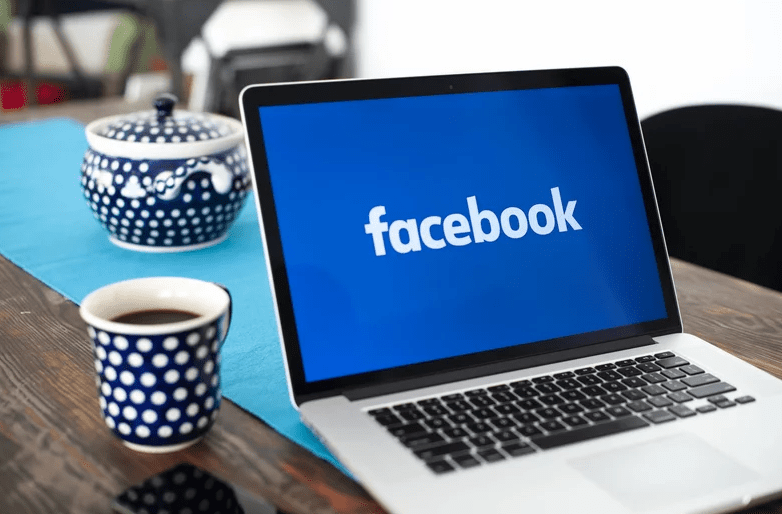By Erin Corbett
Participants stopped using Facebook, except for the social media’s Messenger app.
Results of the one-month experiment showed that people scored lower on tests of their political knowledge, while political polarization dropped between 5% and 10% for some users.
“This is not a trivial finding,” David Lazer, a professor at Northeastern University, who teaches political science and computer and information science told the New York Times. “It could have gone either way. You could imagine that the other chatter and information on Facebook was crowding out news consumption.”
Participants also reported having an extra hour each day — and sometimes more for heavier Facebook users — which they spent offline with loved ones, or watching TV.
The study also found that deactivating Facebook had a positive, yet minor impact on mood. While the study did provide evidence to support the addictive nature of social media, it remained unclear whether heavy Facebook use worsened a person’s mental wellbeing, or if people with mental health disorders were heavier users.
“This is one study of many on this topic, and it should be considered that way,” a Facebook spokesperson said in a statement to the Times. The statement, quoting from the study, added that Facebook can be highly beneficial to its users, and “any discussion of social media’s downsides should not obscure the fact that it fulfils deep and widespread needs.”
Feature Image Credit: Jaap Arriens—NurPhoto via Getty Images

